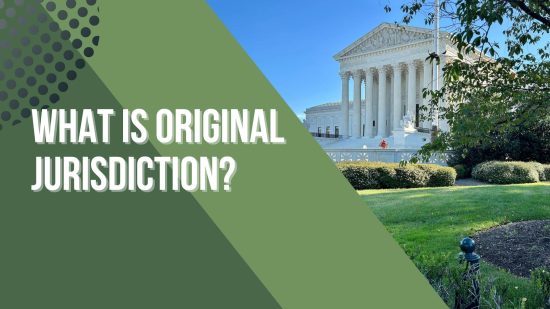

The United States legal system has two primary types of courts – federal and state courts.
Federal courts hear cases that involve issues of national importance or disputes between citizens of different states.
In contrast, state courts typically hear cases that involve state law or disputes between citizens of the same state.
What is original jurisdiction?
The Supreme Court is the highest court in the land and has what is known as “original jurisdiction,” as stipulated by Article III, section 2, of the United States Constitution.
This means the court has the authority to hear a case without it first going through another court. In general, the Supreme Court only has original jurisdiction in cases involving disputes between two or more United States states.
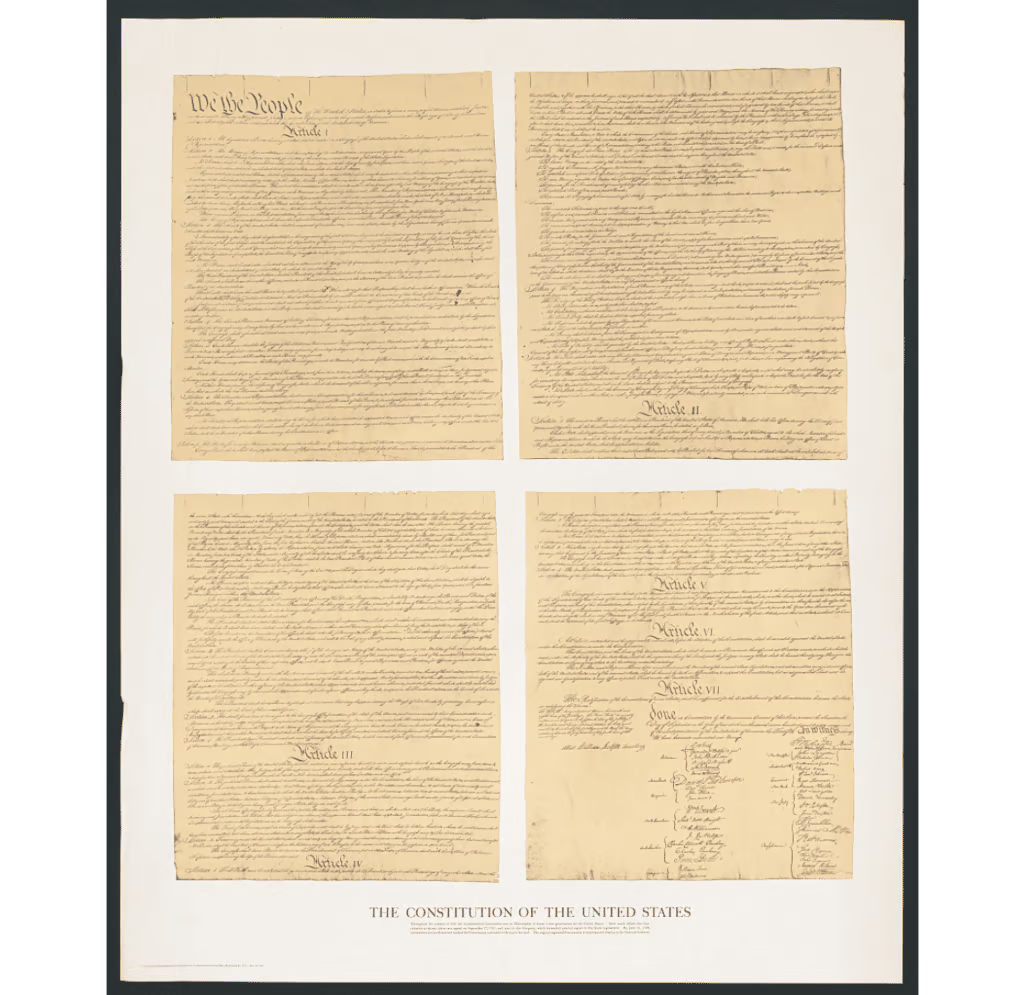
For all other types of cases, federal courts and state courts have what is known as “appellate jurisdiction.” This means a case must first be heard in a lower court before it can be appealed to a higher court.
The United States Supreme Court has appellate jurisdiction over all other federal court cases and some state court cases in the court system.
The United States Supreme Court has original jurisdiction in a limited class of cases, typically involving disputes between two or more states.
In cases where the Court has exclusive original jurisdiction, it appoints a “special master” to hear arguments and gather facts and evidence, which are then submitted via report back to the Court.
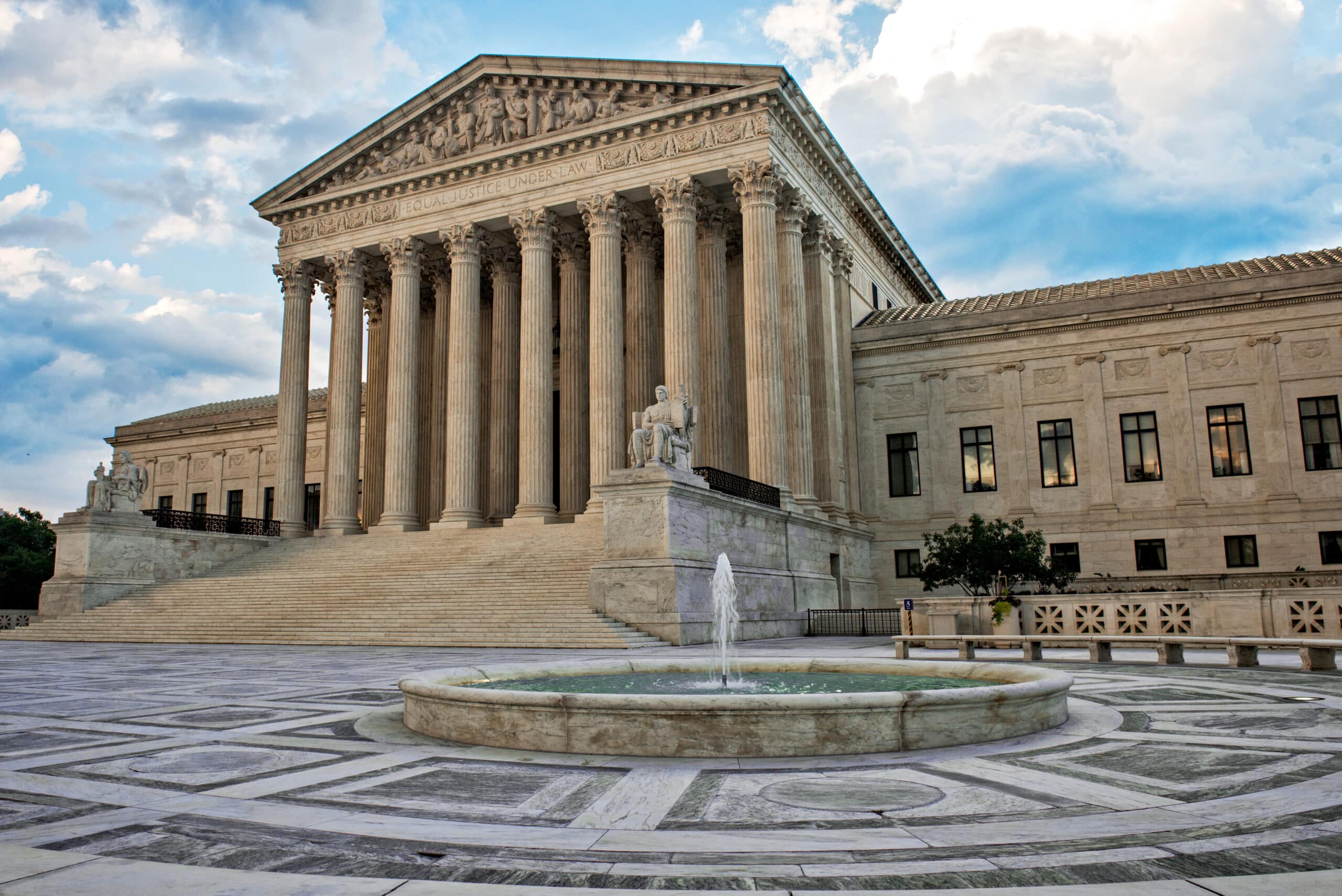
Parties in the dispute may also challenge the findings of the special master, and the Court may then determine whether or not to hear their challenges or accept the special master’s recommendation before making a final judgment.
In practice, the Supreme Court rarely exercises its exclusive original jurisdiction and typically only does so in cases involving impeachment proceedings or challenges to the presidential election process.
A special master is a lawyer appointed by a court to hear arguments and gather facts and evidence in a case.
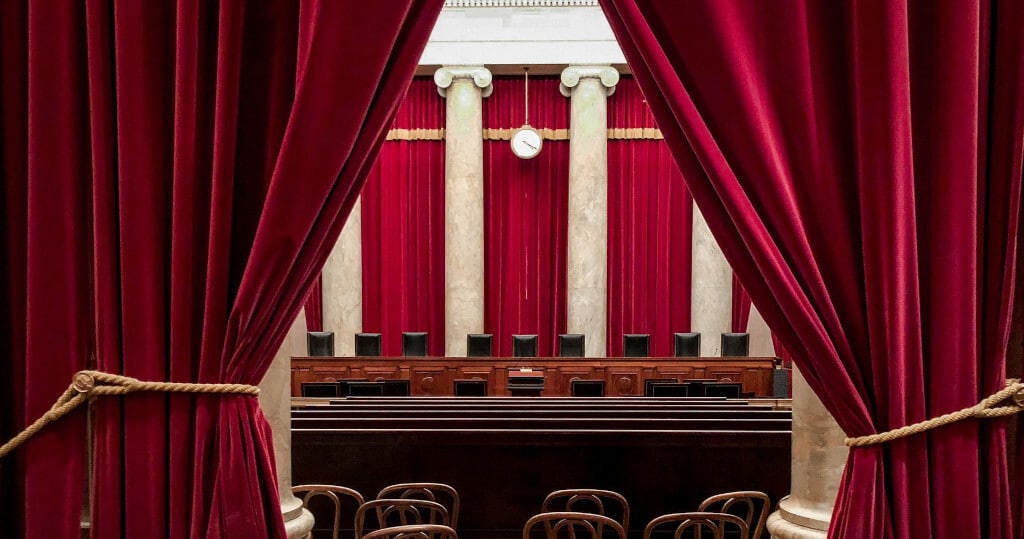
Special masters are often used in cases where there is a dispute between two or more parties, and the court wants an impartial third party to investigate and make recommendations.
Sometimes, a special master may be appointed to oversee discovery, pretrial motions, or settlement negotiations. In other instances, a special master may be appointed as a mediator between the parties in a case.
In most instances, the court will appoint a special master only after the parties in a case have been allowed to brief the court on why they believe a special master is necessary.

Once appointed, the special master will oversee all aspects of discovery (including document production and witness interviews) and recommend how the case should proceed to court.
It is vital to choose an experienced special master who is familiar with the type of case you are involved in. The special master selected should also be impartial in their decision-making.
Several different types of cases fall under the Supreme Court’s original jurisdiction, including:
One type of case that falls under the Supreme Court’s original jurisdiction is any controversy between two or more states. These cases can arise for several reasons, including boundary disputes, water rights issues, etc.
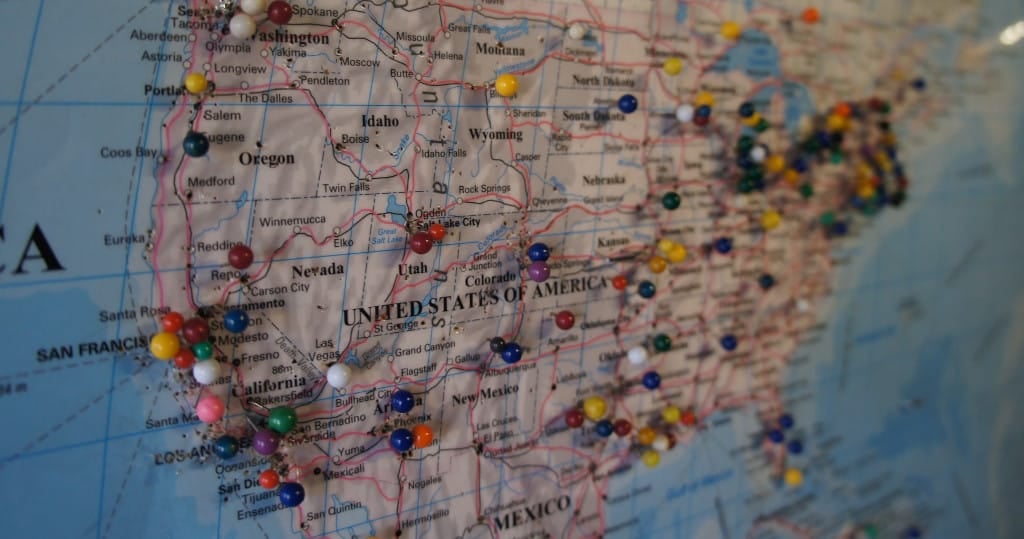
For a state-versus-state case to be brought before the Supreme Court, it must first be filed in what is known as a “bill of complaint.”
Once filed, both parties will have an opportunity to present their arguments before the superior court. After hearing from both sides, the court will then make a ruling on the case.
Another type of case that belongs exclusively to the Supreme Court’s jurisdiction is those “to which ambassadors, other public ministers, consuls, or vice consuls of foreign states are parties.”
In other words, any time a diplomat from another country becomes involved in a legal proceeding—no matter what that proceeding might be—the case automatically goes to the Supreme Court.
The logic behind this rule is that since diplomats are considered representatives of their respective countries, they should only have to answer to one court—the highest one in our country.
This helps avoid any potential conflict of interest that might arise if they were instead subject to the jurisdiction of multiple courts.
The Supreme Court also has original jurisdiction over all cases involving the United States (such as cases brought by federal employees) and any state.
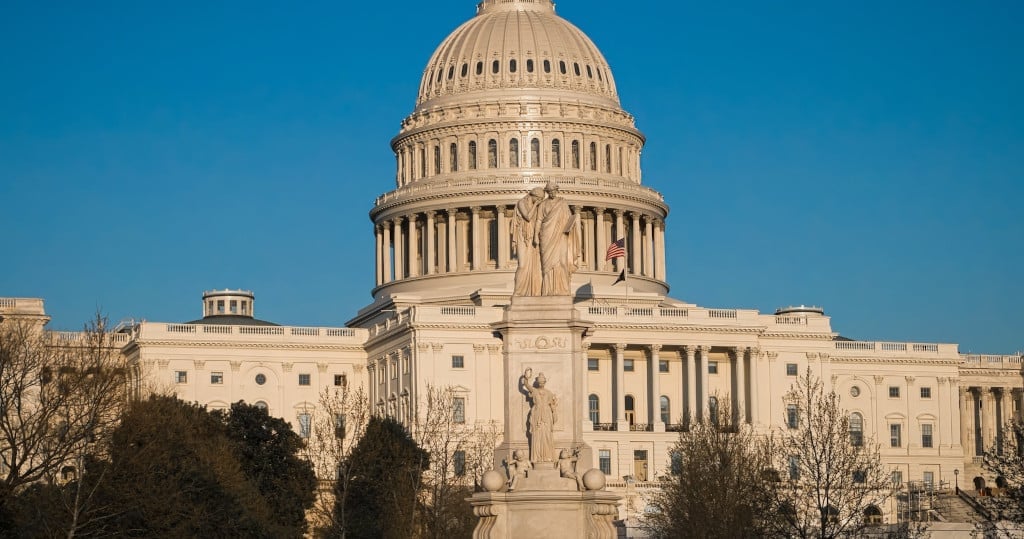
The court’s original jurisdiction in these types of cases is designed to help ensure that one party does not have an unfair advantage over another when deciding important legal issues that could affect many people.
In most instances, a case involving the United States or one of our states will be filed with a federal district court first, which then transfers the case to the Supreme Court if necessary.
Join the thousands of fellow patriots who rely on our 5-minute newsletter to stay informed on the key events and trends that shaped our nation's past and continue to shape its present.
However, there are some instances where this doesn’t happen, and the case automatically goes directly to the highest court in the land.
For example, many state-versus-state disputes occur because of boundary issues, typically handled by the Supreme Court directly.
The next type of case on our list also involves disputes between states—albeit ones in which citizens (or aliens) are instead suing states rather than other states suing each other.

Examples might include a citizen from one state suing another state for failing to properly pay taxes or an alien suing a state for denying them due process rights.
As with state-versus-state cases, any time one of these actions or proceedings is filed, it must be done in the form of a bill of complaint with the Supreme Court.
From there, things will proceed the same way as they would for any other type of case falling under the original jurisdiction.
The Supreme Court’s original jurisdiction is limited and typically only comes into play in particular circumstances.
However, it is an integral part of the judicial process that allows parties to seek resolution if they feel that another state or individual has violated their rights.
Suppose you are involved in a case where you believe that original jurisdiction may be warranted. In that case, it is vital to seek legal counsel as soon as possible to discuss your options and determine how best to proceed.
It is essential to understand both original jurisdiction and appellate jurisdiction in our legal system. Federal courts have original jurisdiction over certain cases, while state courts have original jurisdiction over others.
The Supreme Court serving as our highest court — has both types of jurisdictions depending on the case at hand.
Understanding which court has jurisdiction is critical to ensuring that the correct court handles your case from start to finish.